Developmental Milestones
Developmental milestones are an important barometer of a child’s health and well-being. While some variations are normal because each child develops at his or her own pace, knowing what to expect at each stage can help alert parents, caregivers, and pediatricians to any issues that could possibly cause concern.
Below are some pediatric milestones to be aware of at each age.
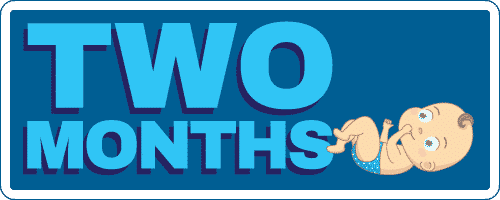
Two Months
- coos and/or makes gurgling noises
- tries to look at caregiver
- turns head in direction of sound
- is able to hold head up
- shows signs of boredom like fussing or crying if an activity isn’t changed
- begins to smile at others
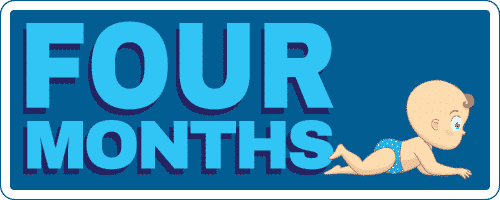
Four Months
- starts to babble
- smiles without being prompted, particularly at people
- watches faces intently
- uses legs to push down when feet are on a firm surface
- holds a toy and shakes it
- responds to affection
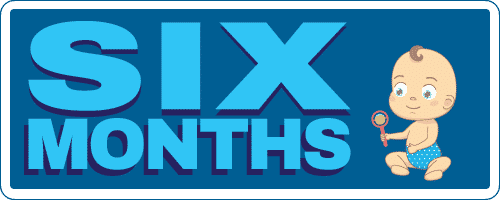
Six Months
- tries to look in mirror at self
- jabbers using consonant sounds like “b” and “m”
- enjoys playing with others
- is curious about things
- starts sitting without support
- responds to own name
- rocks back and forward
- starts passing items from one hand to the other
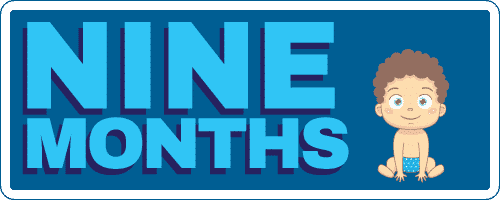
Nine Months
- points at things with fingers
- could be afraid of strangers
- puts items in mouth
- play peek-a-boo
- picks up things using pincer grasp — between index finger and thumb
- crawls
- gets into sitting position by self and can sit without support
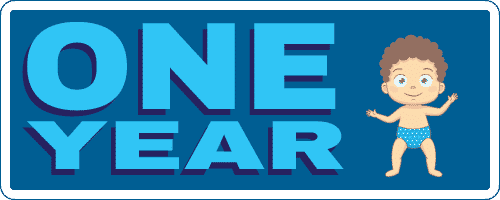
One Year
- cries when mother or father leaves
- can respond to simple requests when spoken
- attempts to mimic words
- bangs two items together
- explores things by throwing, banging, shaking, etc
- might take a few steps on own
- waves “bye-bye,” shakes head “no” and other simple gestures
- helps with dressing by putting out leg or arm
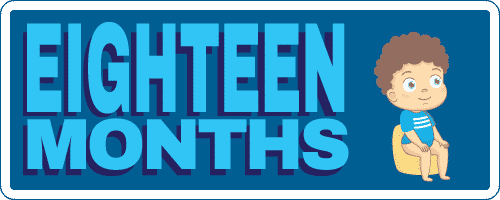
Eighteen Months
- might have temper tantrums
- can say several single words
- points to a single body part
- points to show what he or she wants
- walks alone
- follows simple, one-step verbal commands such as sitting when told to “sit down”
- eats using a spoon and drinks from cup
- points to show others something of interest
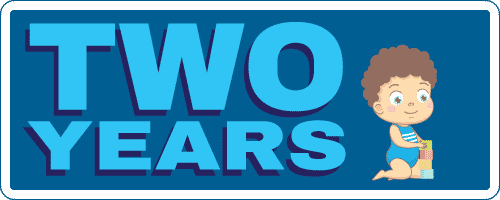
Two Years
- repeats words that are overheard
- is excited when near other children
- speaks two- to four-word sentences
- can kick a ball and throw it overhand
- names common things in a book like a dog, baby or car
- can run
- plays make-believe games that are simple
- shows increased independence
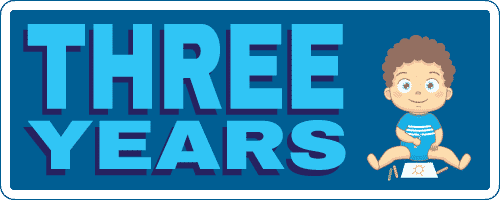
Three Years
- takes turns when playing games
- can name a friend
- completes three- or four-piece puzzles
- names most items that are familiar
- pedals a three-wheel bike
- builds a tower using six or more blocks
- can carry on a conversation using a few sentences
- displays a wide variety of emotions
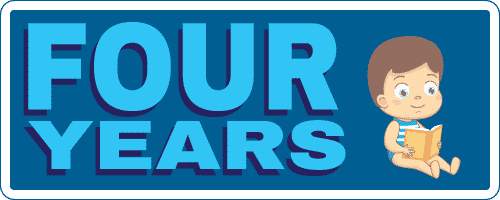
Four Years
- cooperates with other children
- tells stories
- cuts with scissors
- can catch a bounced ball almost every time
- stands on one foot and hops for as long as two seconds
- plays card or board games
- draws a person using between two and four body parts
- can talk about what they find interesting and what they like
Talk to an Expert Pediatrician About Your Child’s Development
Working closely with a pediatrician to evaluate your child’s own individual development and health allows you to act more quickly if an issue arises. The observations from the pediatrician during your child’s regular checkups can provide objective feedback regarding your child’s health and well-being.
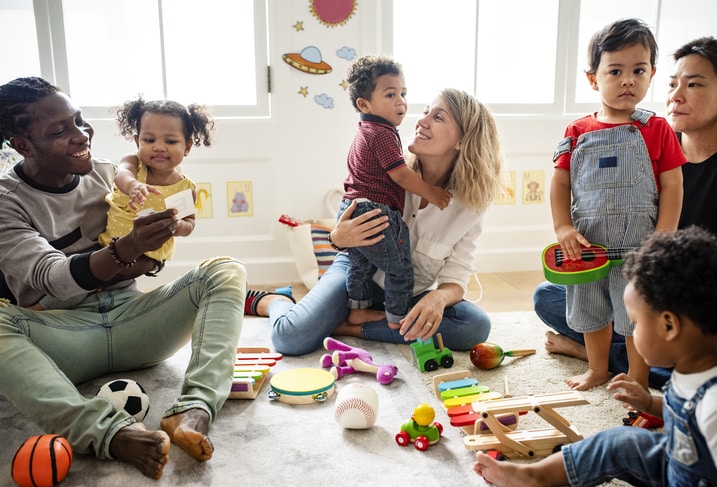
©2024 Cameron Memorial Community Hospital
416 E. Maumee Street, Angola, IN 46703
